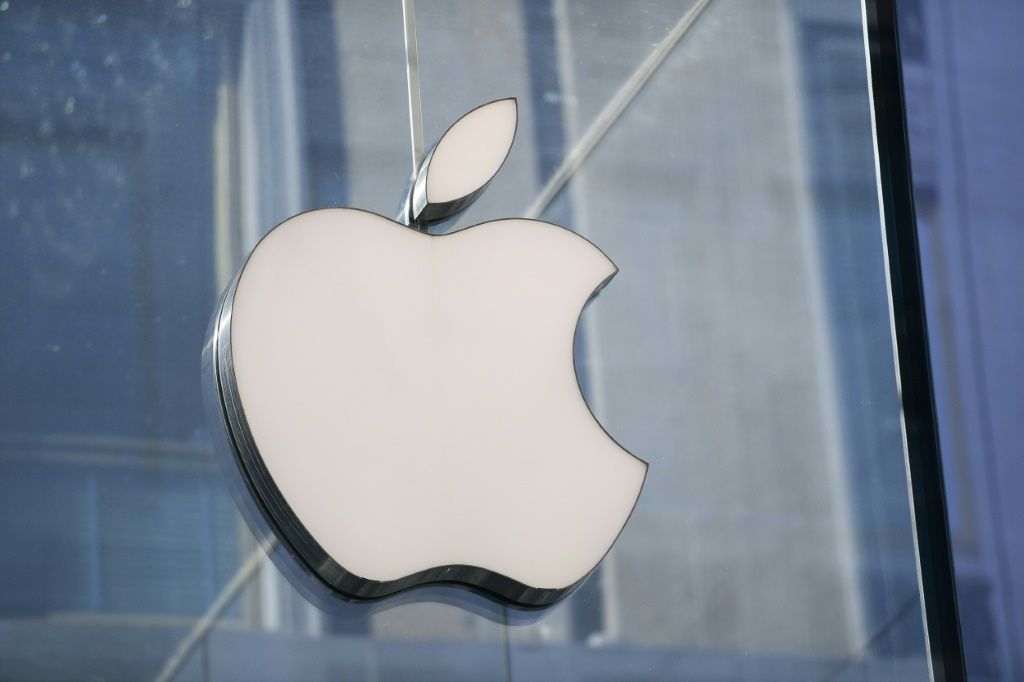Rising interest rates have been a significant headwind for U.S. equities. But not for leading technology companies. They are immune to the rising cost of money and the competition they face from money market funds and fixed-income securities, like Treasury bonds.
“Many tech companies have their value in high growth and higher outer years, so in the environment where interest rates are rising rapidly, it means the discount rate increases, and this affects them more,” Yevgeny Senderov, CEO of Dyninno Group of Companies, told International Business Times. “Given that more of their value is in the outer terminal value of future growth years.”
“However, on the other hand, high-tech companies have been traditionally more profitable than most of the traditional economy,” he added. “They are therefore able to withstand and have lower financial leverage and therefore can overcome the negative impact of higher rates more efficiently.”
That’s especially the case for the magnificent 7/AI. Over the last twelve months, for instance, Alphabet and Microsoft are up 43%, Apple 30% and Meta 148%, while the S&P 500 is up 20%.
In another comparison, the tech-heavy Nasdaq 100 index has gained by 38.6% year-to-date, while the S&P 500 has posted a 13% gain, highlighting the disproportional weight of tech leaders in today’s market.
“The market is highly bifurcated this year, with the magnificent 7/AI components of the S&P 500 carrying most of the water-generating returns,” Todd Walsh, CEO of Alpha Cubed Investments, told IBT.
He sees the remaining companies of the popular index, which he calls the Forgotten 493, just muddling through in a market where the strong get stronger while the weak are getting weaker.
There are a few reasonable explanations for the immunity of big techs to rising interest rates. One of them is a strong balance sheet, with many tech giants having more cash than debt.
“Companies like Apple, Microsoft and Google parent Alphabet boast substantial cash reserves, making them less dependent on external financing,” Young Pham, a financial planner and investment analyst associated with BizReport, told IBT. “Their robust financial positions enable them to weather economic downturns more effectively and sustain operations during challenging times.”
Senderov agrees. “Large tech companies practically don’t have high-yield bonds,” he told IBT. “They don’t have much debt to refinance — they are cash-rich. So they don’t face the issue of refinancing at high rates, which the rest of the economy will face in the coming two to three years. Because historically, they have been equity-financed.”
In some cases, most of the debt in the balance sheet includes corporate bonds issued a few years ago when interest rates were at a record low, while the cash is in money market instruments, which earn high current interest rates. As a result, these companies have a positive net income, which boosts their bottom line. For instance, Microsoft has $111 billion in cash, $79 billion in debt and a net interest income of $1.02 billion.
Another reason is that big techs have become safe-haven assets where domestic and overseas investors park cash in uncertain times.
“The fact whether the ‘big techs’ are now a haven gets discussed a lot,” said Senderov. “This notion comes from the fact that big tech conglomerates, such as Google or Amazon, have shown resilience during turbulent times.”
Meanwhile, big techs have plenty of moats to protect their market from competition and hike prices to protect profit margins in high-growth industries. “A robust competitive position of tech companies makes them less vulnerable to economic cycles,” Senderov added.
Pham agrees. “Many tech companies serve industries and markets that have remained robust throughout various economic cycles,” he said. “The increasing reliance on technology in various aspects of our lives, coupled with the rapid digital transformation of businesses, continues to drive demand for tech services and products.”






